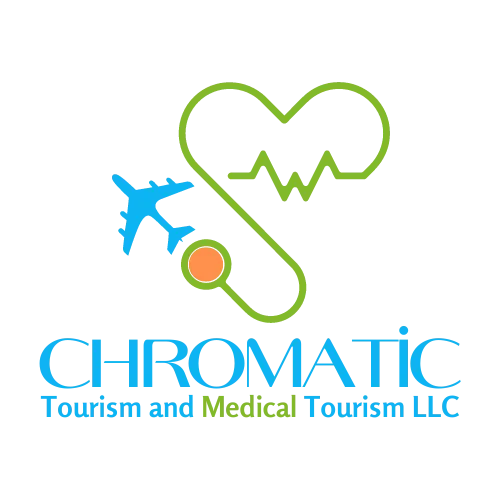Autoimmune and inflammatory neurological disorders occur when the immune system mistakenly attacks the nervous system, leading to a wide range of debilitating symptoms. These conditions, including multiple sclerosis, neuromyelitis optica, Guillain-Barré syndrome, and myasthenia gravis, require precise diagnosis and tailored treatments. In this blog post, we’ll explore the mechanisms, diagnostic advancements, and cutting-edge therapies for these complex disorders.
Multiple Sclerosis: Immunomodulatory Therapies and Neuroimaging Advances
Multiple sclerosis (MS) is a chronic autoimmune disease where the immune system attacks the myelin sheath, disrupting communication between the brain and body. Symptoms vary widely, from fatigue to mobility issues. Advances in immunomodulatory therapies, such as monoclonal antibodies (e.g., ocrelizumab) and oral agents (e.g., fingolimod), have transformed MS management. Neuroimaging techniques, like MRI, play a crucial role in monitoring disease progression and treatment efficacy.
Neuromyelitis Optica Spectrum Disorder (NMOSD): Diagnostic Criteria and Targeted Therapies
NMOSD, often misdiagnosed as MS, is characterized by severe inflammation of the optic nerves and spinal cord. The discovery of aquaporin-4 antibodies has revolutionized its diagnosis. Targeted therapies, such as eculizumab and inebilizumab, specifically inhibit the immune pathways responsible for NMOSD, reducing relapse rates and improving patient outcomes.
Guillain-Barré Syndrome: Post-Infectious Mechanisms and Plasma Exchange
Guillain-Barré syndrome (GBS) is a rapid-onset condition where the immune system attacks peripheral nerves, leading to muscle weakness and paralysis. It often follows infections, such as Campylobacter or Zika virus. Treatment includes intravenous immunoglobulins (IVIG) and plasma exchange, which help remove harmful antibodies and reduce symptom severity.
Myasthenia Gravis: Acetylcholine Receptor Antibodies and Thymectomy
Myasthenia gravis (MG) is caused by antibodies targeting acetylcholine receptors at the neuromuscular junction, leading to muscle weakness and fatigue. Diagnostic tests include antibody assays and electromyography. Thymectomy, the surgical removal of the thymus gland, has shown promise in improving symptoms, especially in patients with thymoma. Immunosuppressants and acetylcholinesterase inhibitors are also mainstays of treatment.


